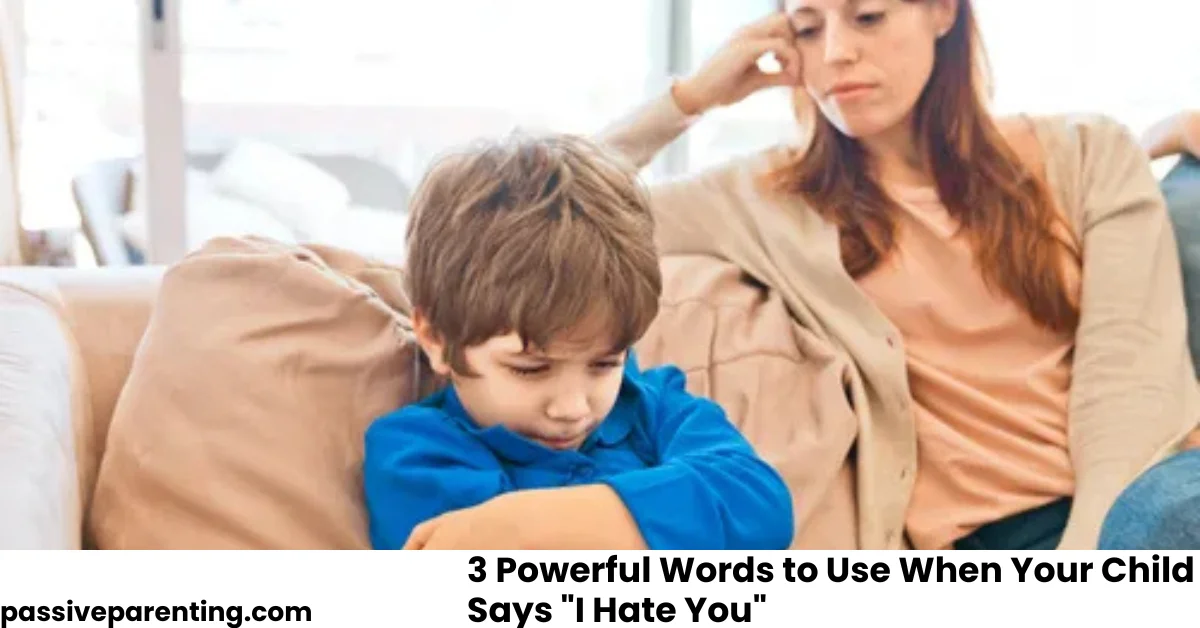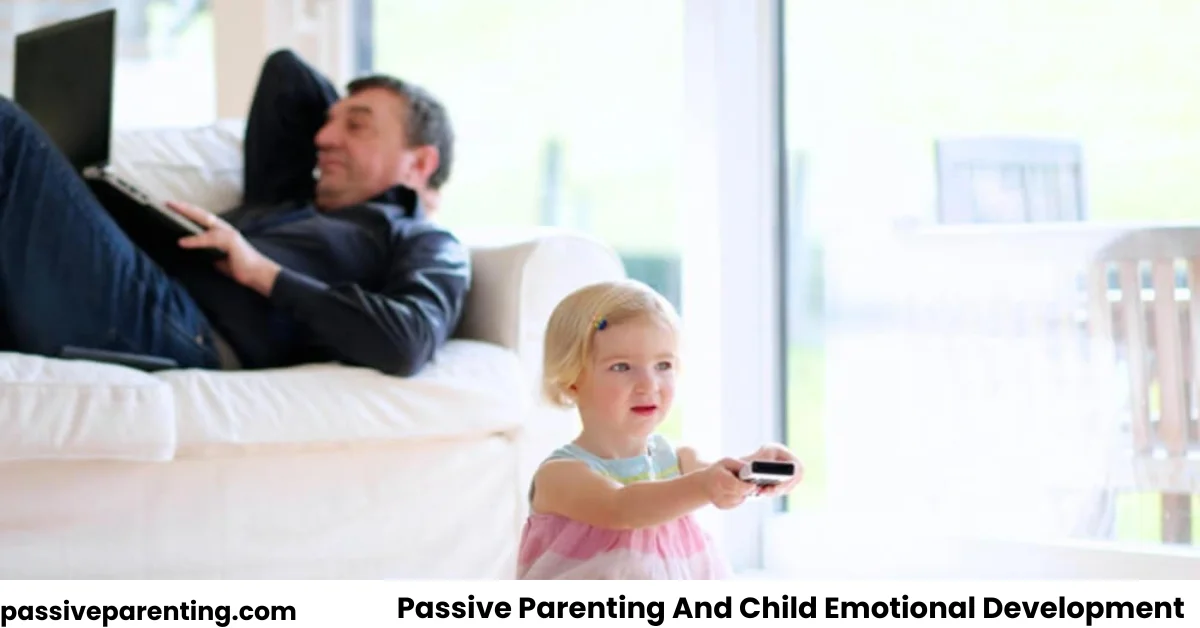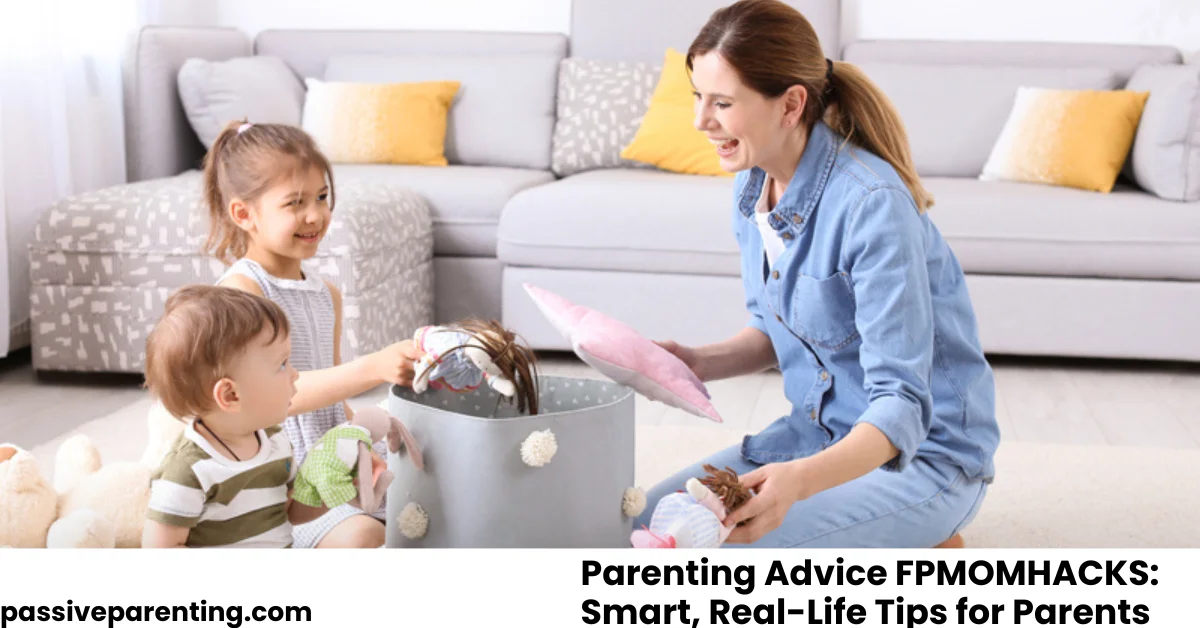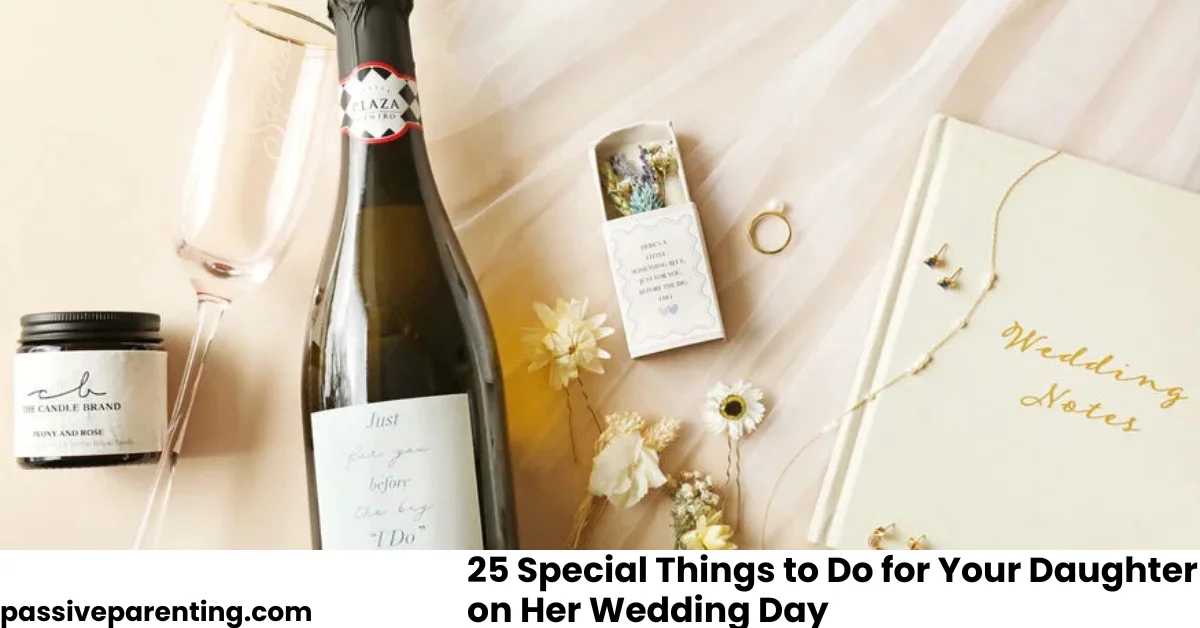It’s one of parenting’s toughest moments: your child looks you in the eye and says, “I hate you.” The sting is real—but how you respond can shape your child’s emotional growth and your lifelong bond. In this guide, we’ll reveal the three powerful words to reach for, why they’re effective, and how to handle these tricky emotional storms with expert-backed wisdom.
Key Takeaways
- The three powerful words—‘I love you’—can transform emotional eruptions and build lifelong resilience.
- Responding with empathy and calm models emotional regulation and teaches your child that conflict does not threaten your relationship.
- Every tough moment is an opportunity to teach emotional intelligence and strengthen your child’s trust in you.
The Real Meaning Behind “I Hate You” from Your Child
When children say “I hate you,” it’s rarely about true hatred. Instead, it’s often a reflection of:
- Frustration and inability to express complex feelings
- Testing boundaries and pushing limits
- Feeling overwhelmed, misunderstood, or powerless
According to leading family therapists and parenting experts, these outbursts are developmentally normal—children are still learning how to manage big emotions and communicate needs.
Why Do Kids Say “I Hate You”? (A Developmental Snapshot)
Children sometimes use the phrase “I hate you” to express strong emotions they haven’t yet learned to manage or articulate. Below, discover developmental reasons behind this outburst in different age groups—from mimicry and emotional overwhelm to boundary-testing and frustration with limits.
Toddlers & Preschoolers:
- Mimic language they’ve heard
- Struggle with self-regulation
- Lack skills to verbalize disappointment or anger
School-Aged Kids & Tweens:
- Use strong words for dramatic emphasis
- Test emotional boundaries with caregivers
- May feel misunderstood or upset about limits
Real Talk: Saying “I hate you” lets kids release pent-up emotions, but it’s not a sign of failed parenting or damaged attachment.
The 3 Powerful Words: “I Love You”
Yes, the most powerful response is often the simplest: “I love you.”
When delivered with calm, warmth, and certainty, these words do more than stop a fight—they anchor your child during a moment of emotional dysregulation.
Why “I Love You” Works
- Signals unconditional affection and security—even in conflict
- Models emotional maturity and self-control
- Disarms escalation, showing you won’t engage in power struggles
- Provides reassurance: “Our bond is stronger than this moment.”
Footnote: Research and experts agree—when parents respond kindly, children internalize safety and learn healthier emotional expression.
What to Say (and Not Say) When Emotions Run High
In tense moments, your words can either calm or escalate the situation. Below are examples of supportive phrases that validate your child’s feelings—and common responses to avoid to keep communication open and respectful.
Say:
- “I love you.”
- “I hear you. You’re really upset right now.”
- “I’m here for you, even when you’re angry.”
- “Let’s talk when you feel ready.”
Avoid:
- “Don’t speak to me like that!”
- “You don’t mean it.”
- “Take it back.”
- “That hurts my feelings.” (while it’s honest, in the heat of the moment it can shift focus away from your child’s needs)
Tip: Responding succinctly—five words or less—works best. Longer lectures can escalate the drama and distract from repair.
The Psychology: Why Empathetic Responses Build Resilience
Children who experience calm, loving responses during emotional meltdowns learn:
- How to label feelings (instead of resorting to harsh words)
- That relationships can withstand conflict
- How to repair and reconnect after arguments
Labeling emotions (“You’re really upset with Mommy”) helps children develop emotional intelligence and self-regulation skills over time.
How to Use These Words in Real Life: Examples
Responding with Love When Kids Say “I Hate You”
Your preschooler yells, “I hate you!” after you say no to more screen time.
Your tween slams the door and shouts, “You never understand me. I hate you!”
Your child is exhausted after a chaotic day and lashes out.
What to Do After the Outburst
- Wait for Calm: Allow your child space and time to self-soothe.
- Validate Feelings: Use phrases like, “It’s okay to feel angry,” or “I get why you’re upset.”
- Revisit the Issue: Later, discuss what triggered the outburst and brainstorm better ways to express big feelings.
- Offer Repair: Reconnect through cuddles, playful moments, or shared activities.
Age-Appropriate Tip: Always tailor your approach to your child’s developmental stage and personality.
Expert Backing and Science
- Language of Listening® and family therapy literature emphasize that loving responses foster emotional growth and trust.
- According to child psychologists, children use harsh words to process disappointment and test the strength of their connection with you.
Practical Tips for Parents
- Pause before responding—self-regulation helps prevent escalation.
- Offer non-verbal comfort: a gentle touch, eye contact, or a soft voice.
- Maintain consistent boundaries, but show empathy for your child’s struggle.
- Practice positive reinforcement: praise efforts to use kinder words next time.
- Seek professional support if “I hate you” outbursts persist or are coupled with other behavioral concerns.
Expert Advice and Research
According to the National Library of Medicine:
“Children need care that promotes positive emotional health and well-being and that supports their overall mental health”
Ability Path recommends:
“Practicing consistent, positive discipline is one of the most important ways you can support your child’s healthy development”
According to recent studies by the Australian Institute of Family Studies, when parents—especially fathers—struggle to balance work and family life, their mental health can deteriorate. This stress flows on to children, impacting their emotional development and family relationships. Flexible work arrangements and supportive workplaces are shown to improve overall family wellbeing.
According to the CDC: About Children’s Mental Health, childhood is a critical stage for emotional growth, brain development, and learning healthy coping skills. The quality of a child’s relationships and environment directly shapes long‑term mental wellbeing—meaning that a parent’s calm, empathetic responses during difficult moments can play a powerful role in fostering resilience.
FAQs: 3 Powerful Words to Use When Your Child Says “I Hate You”
Friendly Closing
Every parent faces tough moments—your child’s harsh words don’t mean you’ve failed. Choosing empathy and love, especially when emotions run high, lets your child know that your bond is unbreakable. What phrases have helped you navigate angry outbursts? Share your stories below—let’s encourage one another as we guide our children toward emotional maturity!
For persistent concerns or questions around family mental health, consult a pediatrician or licensed child therapist for support and guidance. You’re not alone—and you’re doing a great job!




